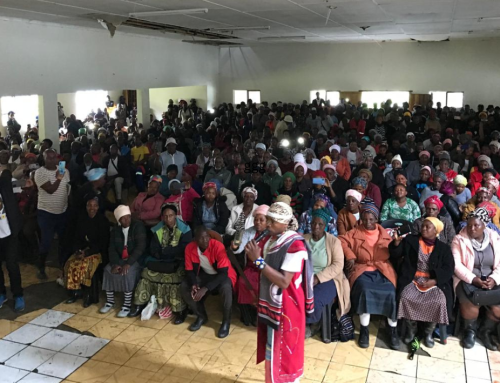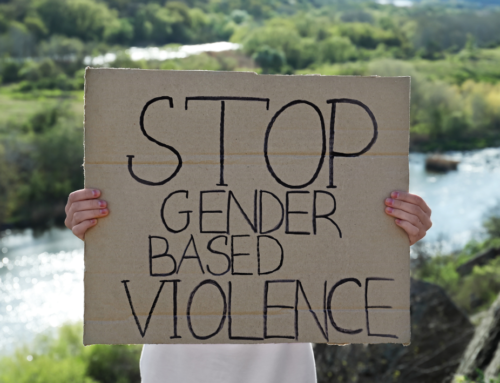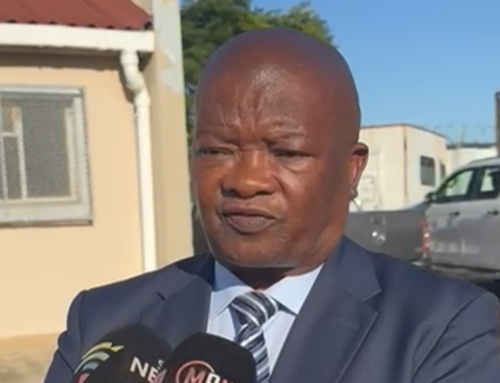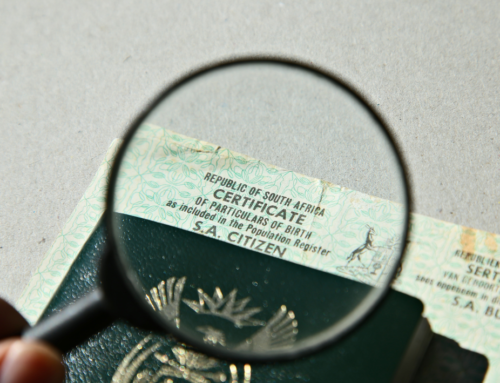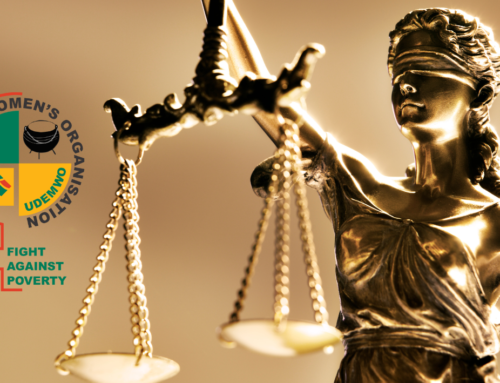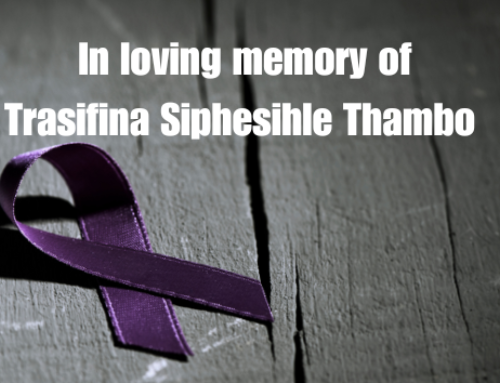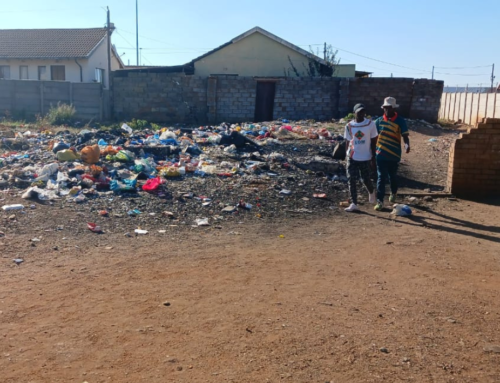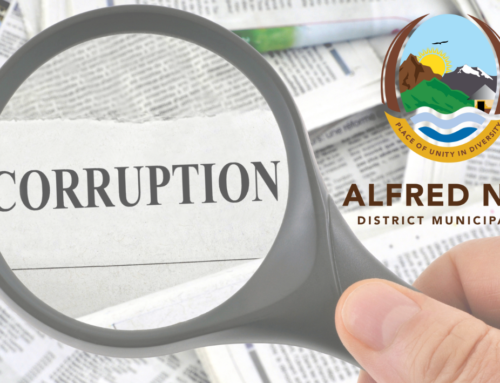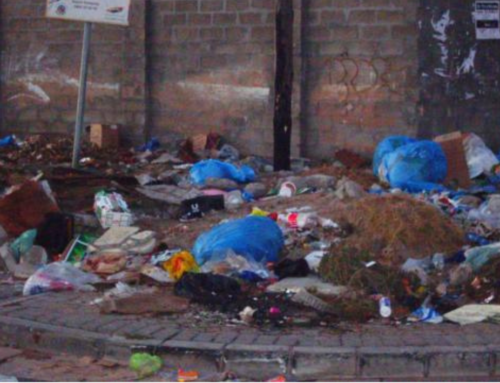 Check against delivery.
Check against delivery.
• Walter Sisulu University Chancellor Dr Sheila Sisulu,
• Chairperson of Council Advocate Tembeka Ngcukaitobi (Jola) and other members of Council,
• Vice-Chancellor Professor Nolundi Rushiella Songca (maXolo),
• Executive management,
• Archbishop Thabo Makgoba and family,
• Anglican fraternity and all churches present,
• Special guests in attendance and those watching virtually,
• Academics, staff and students
• Chairperson of the UDM in the Eastern Cape, Ms Noncedo Zinti, MPL
• Ladies and gentlemen
1. Introduction
Thank you for inviting me to participate in Archbishop Thabo Makgoba’s Annual Lecture and for allowing me to have a discussion with you on the all-important topics of women development and leadership in South Africa, and in the Eastern Cape.
It is good to be back at this campus. In 1979 I enrolled in the branch of Fort Hare of what became the University of Transkei that is now the Walter Sisulu University (WSU).
However, my military career prevented me from completing my studies. I still remember Professors Nkuhlu and Mjoli were among my lecturers in the Faculty of Economic Sciences.
2. Thank you to our mothers
To start off, each of us, was in some shape or form influenced by the women that brought us into this world.
Most of us owe a debt of gratitude to the mothers that nurtured and raised us, and who taught us the basics of life.
Such is the foundational role of women in our lives, and I want to take this opportunity to thank our mothers for raising us, despite the challenges that face them.
Another aspect that should make us be thankful for the women of South Africa is the eminent role they played in effecting change during the Apartheid years.
The words: “Wathint’ abafazi, wathint’ imbokodo” have been immortalised and evokes the strength of the women of this nation.
I would like to tell you a few anecdotes to illustrate the leadership of the women of yesteryear.
I interacted with Mam’ uWinnie Madikizela-Mandela in the late 1980s when the African National Congress (ANC) leadership in Lusaka and Madiba mandated her to convey the message to the then Military Government of the Transkei, that the late King Sabata Dalindyebo should be reburied in a dignified manner deserving of his political and traditional stature.
In 1990, during my visit to the Mandela’s Soweto home after Madiba’s release, Mama uWinnie expressed legitimate concerns about Madiba’s safety. She said it would not be proper to ask Mr FW De Klerk’s government to provide for his security. She thought that I might be able to assist, and I was honoured to do so until members of MK (uMkhonto we Sizwe) came back inside the country.
At the beginning of the so-called black-on-black violence, I was again called to Johannesburg to urgently meet with uMama and Madiba and she categorically said to me, “Bantu, this cannot be tolerated, this violence must be stopped!”. After that strong message, Madiba and I proceeded to visit some of the affected areas in Soweto.
Again, when Mr FW de Klerk withdrew the indemnity for Chris Hani, Madiba summoned me to his House in Soweto and broke the news. He suggested that we proceed to the Sisulu House in Soweto and guess what, it was Mama Albertina Sisulu that said that Mr De Klerk was taking chances and there is no way Chris would be arrested.
As some of you might know, that particular evening, Chris was whisked out of Soweto to the Transkei. Mr De Klerk was told in no uncertain terms, that if you want Chris Hani, you will have to apply for extradition. Fortunately, he became sober and withdrew that warrant of arrest.
Thus were the leadership roles these women of the past had taken.
The question is whether their counterparts of today have the gravitas and will to stand up and follow the original agenda, that of bettering the lives of all South Africans.
Or, will they be silenced by a tender here and there, or the carrot of positions in high places.
Have they betrayed the work of the women who led in the struggle and are some of them being led about the noses with deals through Bosasa and companies like it, as we have witnessed in the Zondo Commission’s hearings.
3. The overarching picture
In South Africa, official government policy and the Constitution, states that women may not be discriminated against and that should continue being the case. But we still have a problem with how women are viewed socially.
In addition, they are faced with the adversities of persistent crime, poverty, inequality and unemployment in South Africa and in the Eastern Cape in particular.
These socio-economic issues and challenges are putting severe brakes on women development in this country and in the province. Resources that should have been used in the development of the nation have been eaten away by corruption.
4. Patriarchy in South Africa
Some of the programmes that should have empowered women have been hindered by patriarchy.
As Morapelo Tebogo Noge, of the University of the North West, so aptly said in a 2014 case study, patriarchy…
“..teaches male South Africans what it means to be a real man, how a real man is expected to act, what privileges are in store when they act like real men and punishments for any person especially women who contravene these expectations.
It also teaches South African women what it means to be real women how a real woman is expected to act, what privileges are in store when they act like real women and punishments for contravening these expectations.”
Patriarchy in South Africa is greatly entrenched in our society, and it is our women and girl children who bear the brunt of this system.
I would argue that we must struggle against patriarchy by engaging traditional institutions which are claiming to be the custodians of our traditions and culture.
Just as we as humans develop and grow, so must our traditions grow with us so that we also may protect all human rights.
Patriarchy has, for far too long, been the model that men have used to clutch to power in every sphere of life. Things must change and we have the power to change it.
5. Femicide and gender-based violence
Crime and lawlessness are at an all-time high in South Africa and poverty, culture and patriarchy are said to be some of the main drivers of femicide and gender-based violence (GBV) in this country.
Despite the government passing new laws to address GBV in January last year, crime statistics at the end of August reflected limited improvement on protecting women’s rights.
More than 11,855 cases of GBV against women were reported during that time.
From April to June, 855 women and 243 children were killed. In the same period 9,516 rape cases were opened with the South African Police Service.
However, the real tragedy is in the criminal justice system that seems to be failing victims, many do not even bother with the opening of cases, and some withdraw them because they know they will not get justice.
6. Women and poverty, living in the townships and rural areas
Poverty is about not having enough money to meet basic needs including food, clothing and shelter.
Poverty is a fact of life in South Africa and the statistics abound, which prove that women and women-headed households are generally more vulnerable to poverty.
But one does not necessarily need to be bombarded with statistics to evaluate the quality of life in the townships and rural areas of this country. You only need a pair of eyes.
The conditions of our townships and rural towns are atrocious with our municipal services and waste management having been non-functioning as we see litter festooning our streets and places of living.
We know from the statistics, that women and their children are more likely to suffer in these living conditions.
In addition, the climate change crisis is affecting women-headed households in the worst way, since it is the women that must care for heat and food during the cold winter months.
Part of the government’s rural development programmes should cater for afforestation projects to ensure sustainable quality of life for these women and their children.
There is no doubt in anybody’s mind that this country is facing a climate change crisis. It has already tested our ailing infrastructure.
Villages and coastal areas have been wiped out by severe storms, adverse weather and floods. In the same vein landlocked areas are now experiencing floods in the entire Republic.
Unfortunately, the disaster management structures are not equipped to handle these eventualities and are woefully under capacitated. This is happening at a time when our infrastructure has collapsed, such as roads, electricity and other necessary infrastructure.
A classic example is found in this region where the road to Coffee Bay and Hole in the Wall and other Wild Coast tourism centres have completely disintegrated.
What nauseates people the most, is that ministers and government officials come and raises the hope of the people by making promises and yet nothing materialises.
WSU is in a unique place to train and empower women in this field, especially those who live in rural areas in order to ensure food security.
OR Tambo Region has been struggling with loadshedding and water for the last 29 years; when there’s a strong wind the power goes down. WSU could also ask government and Eskom to run the hydro-electricity scheme that used to be operated by Tescor (Transkei Electricity Supply Corporation), the infrastructure is still there. It could be linked to the national grid to provide electricity to the OR Tambo Region. The University could play a role in finding other sources of energy, such as solar energy, by training and orientating municipalities in this field.
I could introduce the WSU leadership to the Green Climate Fund, managed by the African Development Bank, and I am sure the Presidential Climate Change Commission, which I am part of, would look favourably on such initiatives.
Such projects could be funding initiatives for the University and make it independently sustainable.
7. Education in general
Education is one of the most important aspects of human development, and eliminating gender disparity at all levels of education would help to increase the status and capabilities of women.
We also have a problem of our education system, having failed with not just women, but also all black people, but poorer people as a whole. And unfortunately, our public education system is not quite what it needs to be yet, to afford the people a chance to go to school, get further education or vocational training and to get jobs.
Worse still is when our privileged few graduates meet the harsh realities of the world when they leave their universities and go to the big cities to find work. Only to have their hopes dashed on the rocks of the realities of the South African job market.
We have not yet mastered a system where our graduates become wealth creators that become employers at home, instead of want-to-be employees.
There must be a massive funding initiative to empower women in SMMEs so that they can become wealth creators, for instance we see women operate the stalls on our roadsides.
It is however embarrassing that our electricity provision in this country is hampering small businesses from functioning and in far too many cases are sinking SMMEs.
Loadshedding is killing our economy and it is for this reason that the United Democratic Movement has joined other concerned citizens in taking government and Eskom to court to force the issue of the delivery of this basic service and right.
Furthermore, I am a proud founder member of the Thuthuka project in collaboration with the South African Institute of Chartered Accountants (SAICA) and Mr Matt Matthyser, a mathematics guru.
This project developed study guides in English, math and accounting for Grades 9, 10, 11 and 12, to equip children to study these subjects to produce more black chartered accountants (CAs).
The Project has produced more than 2,000 black CAs of which, 50% are women.
8. Transformation and the effects of corruption
Yes, there have been slight movement in the right direction where women empowerment and transformation across the board is concerned.
But the embarrassing part is that corruption and the looting of state resources, have eaten all the money that was supposed to be spent on the development of South Africa and her people.
For instance, the money for the water provision projects of the King Sabata Dalindyebo (KSD) Municipality was stolen dry by OR Tambo District Municipality officials and councillors. That project has been stalled for more than eight years. The villages and areas surrounding KSD, to this day, have not been provided water due to corruption.
The revelations at the Zondo Commission spoke volumes about the corruption in this country and its findings have shown who had been caught with their hands in the cookie jar.
By their own admission, the powers that be have named themselves as “Accused Number One” when it comes to corruption.
It is a simple fact that one-party dominance breeds corruption and the only way to effect change is to teach our voters through voter-education, that they have the choice to make that change.
9. Coalition politics
I would quickly like to mention a bit of politics, with the 2024 National and Provincial Elections around the corner. Talk of coalition government at these levels are beginning to heat up.
However, we have witnessed these past few years how coalition governments at local level are made and broke with what I will call “floor-crossing”.
There needs to be regulations put in place that govern coalitions, so that parties have rules that govern their actions and show cause as to why they can no longer be a partner in a coalition government.
Furthermore, there needs to be enhanced accountability to the electorate as this chopping-and-changing affects service delivery.
10. Closing
There is a need to establish an equitable partnership between men and women, and change the prevailing social paradigm of gender to usher in a new generation of women and men working together to create a humane world order.
Thank you for inviting me to be with you this evening to address you at this annual lecture of the Archbishop Thabo Makgoba, the head of the Anglican Church of Southern Africa.
It is a privilege I will always cherish.
All we need to do is that, like in the old days, faith-based leaders must lead the way to move the trajectory away from greed so as to improve the lives of all South Africans, as opposed to only enriching the lives of the select few.
Faith-based and traditional leaders must avoid being captured by the state, they must act as our nation’s voice of conscience.
I thank you.



